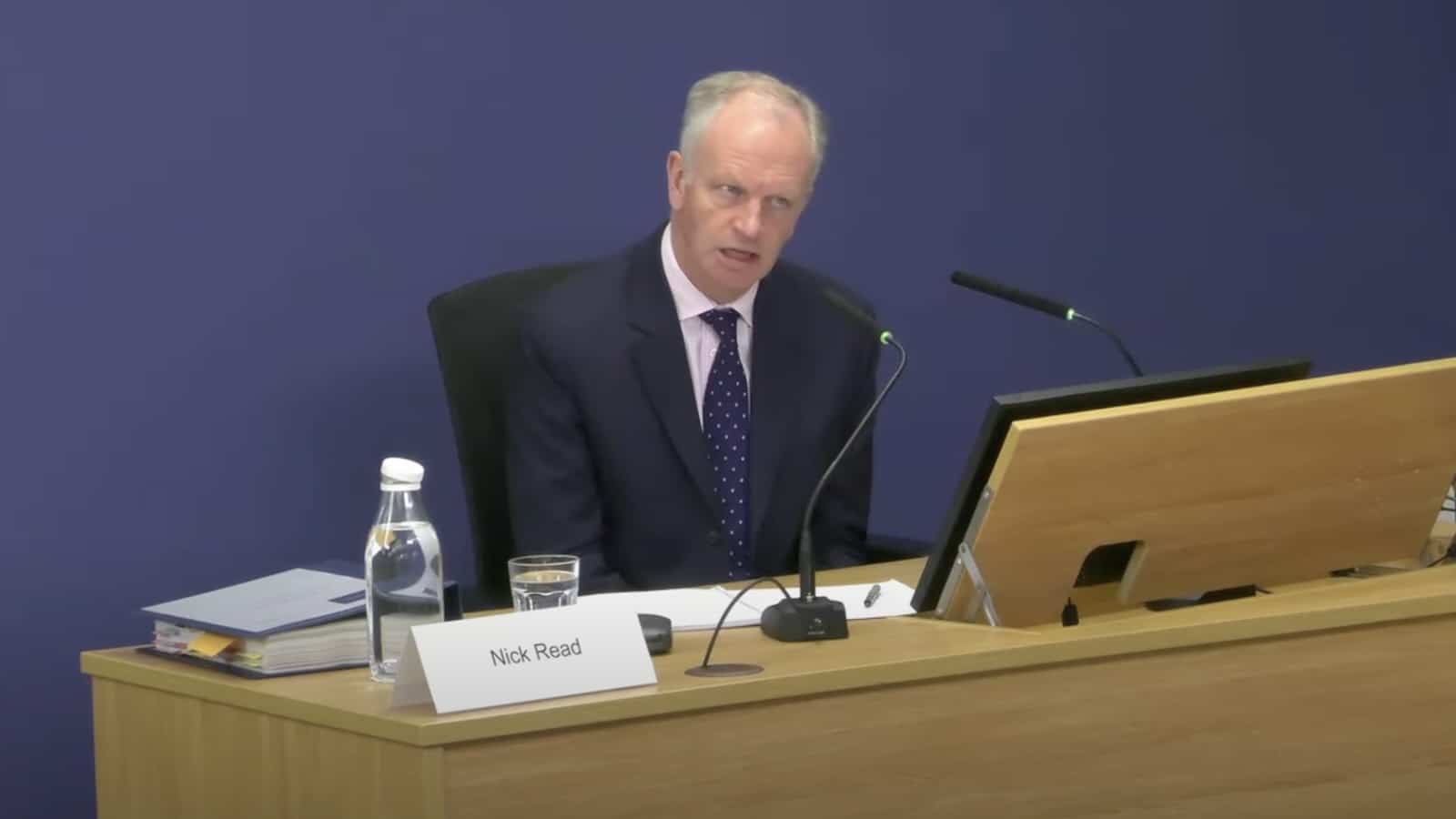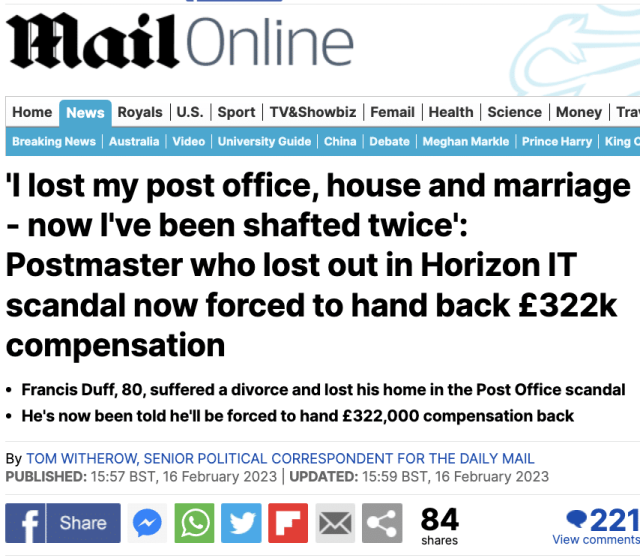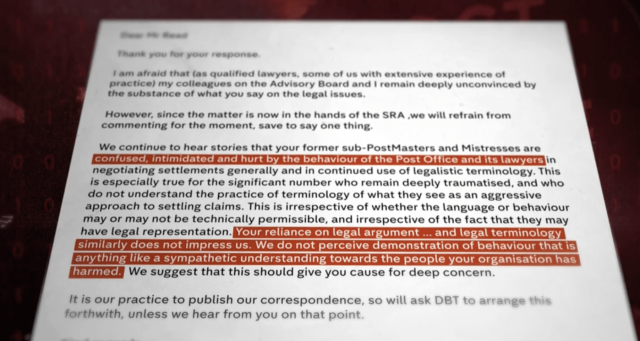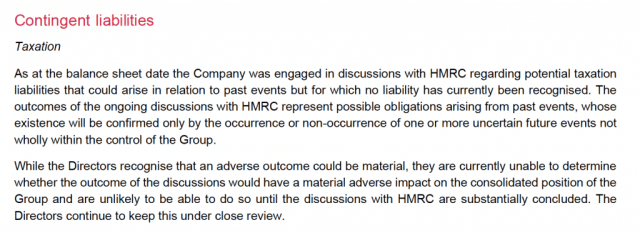A document disclosed to the Post Office Inquiry, and published yesterday, shows that the Post Office considered requiring that postmasters pay a fee before applying for compensation. The intention was to deter applications. Realising this would be criticised, the Post Office instead designed a scheme which achieved the same effect through stringent (and unrealistic) eligibility criteria and documentation requirements.
Our previous coverage of the Post Office scandal is here.
The design of the scheme
We have previously reported on the Post Office’s HSS compensation scheme, which was designed to compensate victims of the Post Office scandal who had not received a criminal conviction, and didn’t participate in the civil GLO claim against the Post Office.
We’ve said that the HSS scheme appeared to be designed to deter applicants and minimise compensation payments. In particular:
- The scheme application form was highly legal, with lengthy and complex forms to complete – but postmasters weren’t prompted to obtain legal advice, and received no help with legal fees.
- The application form and documentation made it very difficult for postmasters to pursue any damages for loss of reputation, suggesting that such damages would only be available if the postmaster could prove financial loss (which is not legally correct).
- The form and documentation didn’t even mention the possibility of punitive/exemplary damages, although the circumstances make such damages a real possibility.
- Postmasters were required to provide “contemporaneous documentation“. In most cases they didn’t have any. In part because the events were more than ten years ago. In part because, when the Post Office suspended postmasters, it denied them all access to their records.1
These and other elements of the HSS scheme had the effect of minimising the compensation postmasters claimed. The Post Office paid for limited legal assistance for postmasters after it made them an offer; but by then it was too late. Everything was framed by a postmaster’s original application, and that was minimised by the design of the form and the surrounding documentation.
The evidence of intent
Many postmasters believed these elements of the HSS scheme were intentional. I agreed. But it was always possible that the Post Office was acting in good faith, with unrealistic hurdles a result of bureaucratic oversight rather than malice.
We can now dismiss that possibility.
The Post Office Inquiry yesterday published an email from Mark Underwood (Post Office compliance director) to Ben Foat (Post Office general counsel). The email was sent in January 2020 (at the point that the HSS scheme was being designed):

It is fairly shocking there was a discussion about charging fees, and that this was only rejected because of how it would look. Underwood was instead suggesting a “very tight and clearly communicated set of eligibility criteria and requirements in terms of the documentation applicants have to provide”, to “achieve the same desired outcome” as fees.
What was the “desired outcome”?
At the Inquiry yesterday, Edward Henry KC (representing the postmasters) showed the email to Nick Read, Post Office CEO. Henry put to Read that the “desired outcome” was to restrict access to the scheme and deter applicants.
Read replied: “possibly”.
Henry went on to suggest that this was a “more subtle and insidious” way of making it difficult for postmasters to apply, and that this was by design.
“You could certainly draw that conclusion”, said Read.
I don’t see any other conclusion.
Footnotes
For which the Post Office was heavily criticised by Mr Justice Fraser – see paragraph 886 of the Common Issues 3 judgment. ↩︎








Leave a Reply